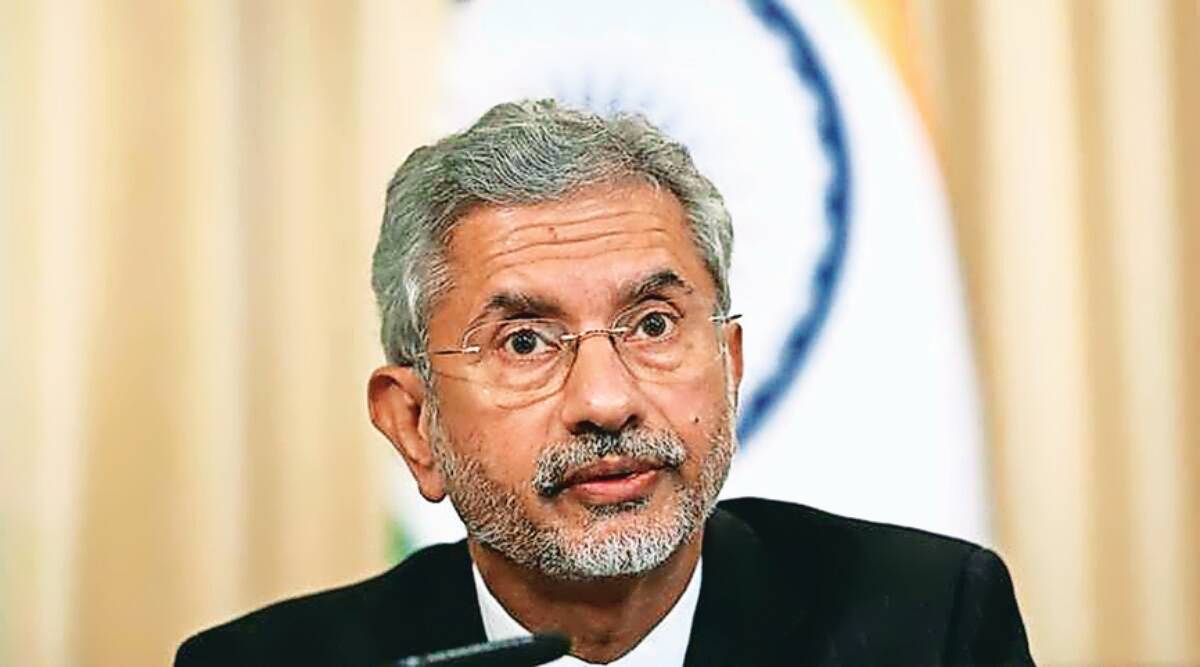Reactions from the Chinese foreign ministry betrayed the nervousness and jitters that the government in Beijing is feeling after EAM Jaishankar’s message.
New Delhi: When External Affairs Minister S. Jaishankar used a strong phrase “extremely difficult” to describe India-China relations on 18 August, the minister’s objective was to give Beijing a strong signal that the bilateral ties, which are currently in cold storage, cannot at all be revived without resolving the remaining LAC (Line of Actual Control) issues. Jaishankar’s message seems to have hit the bull’s-eye as well.
Now, Beijing is apparently getting panicky and nervous over the thought that New Delhi is not going to “put the differences on the boundary issue in an appropriate position in bilateral relations”, and that there is hardly any chance for revival of normal ties as was suggested by the Chinese government earlier. Beijing, in fact, wanted India not to let the border row overshadow other issues of bilateral interests.
“China striking a different note on EAM’s remarks on the border situation signals the impact and ripples that EAM’s remarks have created in Beijing,” diplomats analysing and assessing the development told The Sunday Guardian. They further said that two points in the reactions from the Chinese government suggest how EAM’s remarks have driven home the message. First, China called for the need to improve bilateral ties with India at an early date. Second, the Chinese foreign ministry said that the talks to resolve the border standoff have been effective. “There are some more important points which are notable in the Chinese foreign ministry’s reactions that indicate Beijing’s nervousness after Jaishankar’s observations in Bangkok,” officials told this newspaper. Speaking in Bangkok on 18 August, Jaishankar said relations with China were in an extremely difficult phase and there were many reasons for countries to work together.
Responding to it, the Chinese government said it hoped India would work with it in the same direction to bring relations back on track at an early date. Jaishankar also noted that it would be difficult for the Asian century to happen if India and China could not come together. This observation of EAM was also endorsed by the Chinese foreign ministry the next day.
“Since Jaishankar’s remarks that India-China ties are in an extremely difficult phase have come after the last round of military talks, the message is loud and clear that China is hardening its position vis-à-vis LAC standoff. The inference that the international community is drawing from the strong remarks is that Beijing is hardly interested in easing the situation,” say diplomats. There is no denying that China is keen to revive the bilateral ties with India, given its business and trade interests. With this in view, China’s foreign minister Wang Yi during his visit to India in March this year projected that “the two sides should put the differences on the boundary issue in an appropriate position in bilateral relations and adhere to the correct development direction of bilateral relations.”
But India has been insisting that boundary issues should be resolved on priority basis before reviving the normal ties. Jaishankar has on many occasions conveyed to his Chinese counterpart that the prolongation of the existing situation in eastern Ladakh is visibly impacting the bilateral ties in a negative manner. “The Chinese government is viewing Jaishankar’s latest remarks in the context of all this. That’s why Foreign Ministry spokesperson Wang Wenbin hastened to comment that the talks to resolve the border row were effective,” officials said.
Wang said, “I would like to stress that China and India maintain smooth communication over the border issues. The dialogue is effective.” Wenbin also said: “A true Asia Pacific century or Asian century can come only when China, India can and other countries can achieve sound development. China and India are two ancient civilisations, two emerging economies and two big neighbours. We have far more common interests than differences.” These are the comments that again strengthen the impression that EAM’s remarks have driven the Chinese government jittery, diplomats assertively said.

